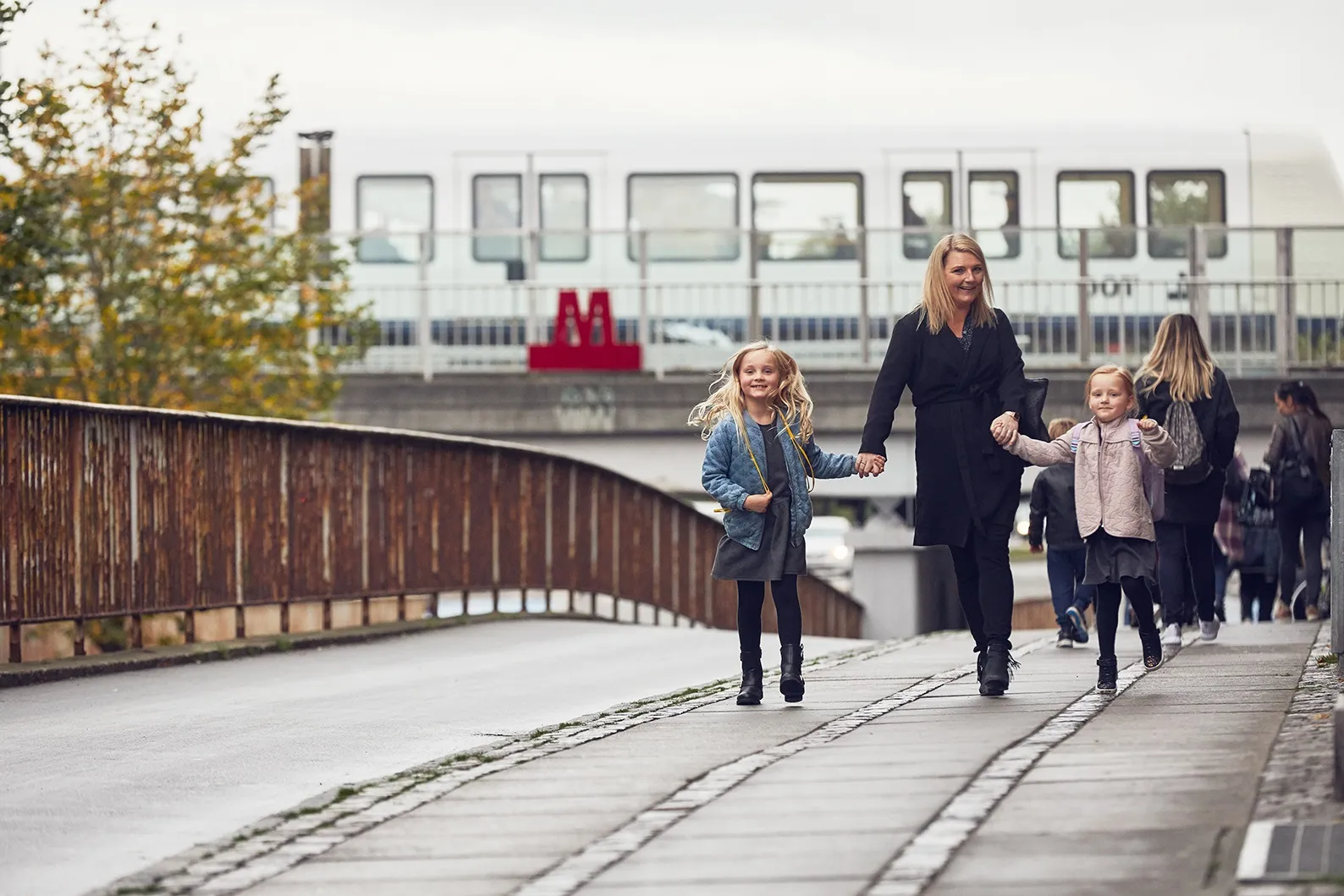
Copenhagen's transit operator Metroselskabet has appointed a Cowi-Arup joint venture to lead design and environmental impact assessment of the city's new M5 low-carbon metro line.
"Sustainability drives the design of this new metro line, which aims to reduce the overall carbon footprint by 50% compared with the city’s existing lines, while prioritising the passenger experience and safety to enhance sustainable mobility," the companies say in a statement.

The M5's current design consists of 10 stations running from Copenhagen Central Station via Islands Brygge, Amagerbrogade and Refshaleøen to Lynetteholm and Østerport.
The new line will help to relieve congestion on the M1/M2 harbour crossing and "provide sustainable mobility connection into the emerging urban districts of Kløverparken, Refshaleøen and Lynetteholm".
Provision will also be made for a possible future extension of the line to close the ring between Østerport and Copenhagen Central.
An environmental impact assessment will "consider all relevant environmental aspects of the chosen alignment, stations, and reasonable alternatives".
Following completion of the design concept, the team will follow the project through the procurement process with Metroselskabet.
"The project is highly ambitious when it comes to its vision for sustainability, and innovation and digitalisation will be core elements as we design new solutions without compromising the customer experience or safety," explains Cowi project director Flemming Billeskov Nissen.
"We want to significantly reduce the carbon footprint and set new standards for tomorrow's metros," says
"The new M5 metro line will set new climate standards and contribute to a greener future for Copenhagen," says Alison Norrish, project director at Arup.










